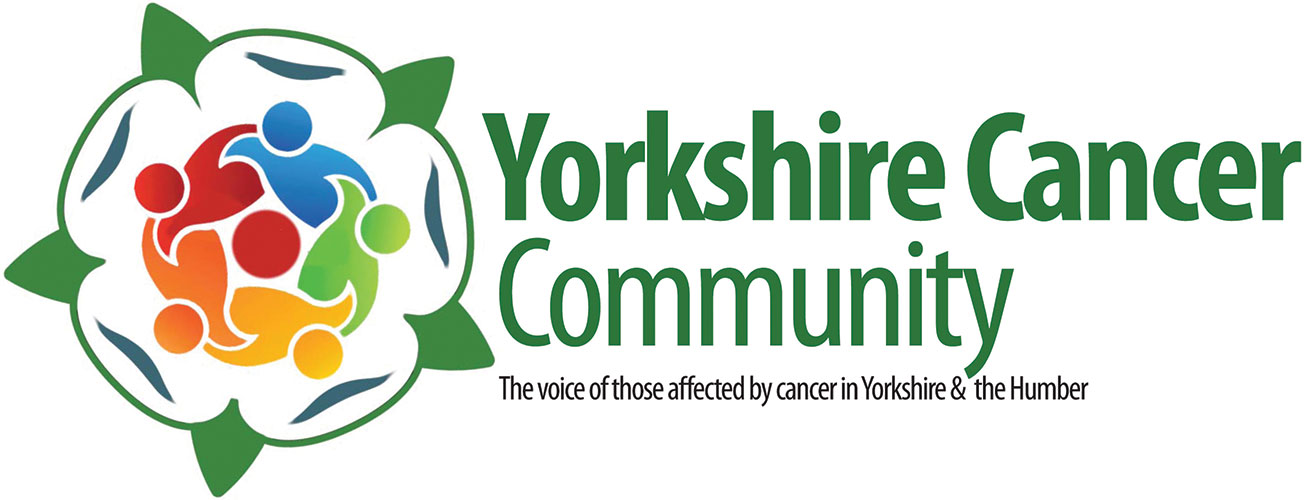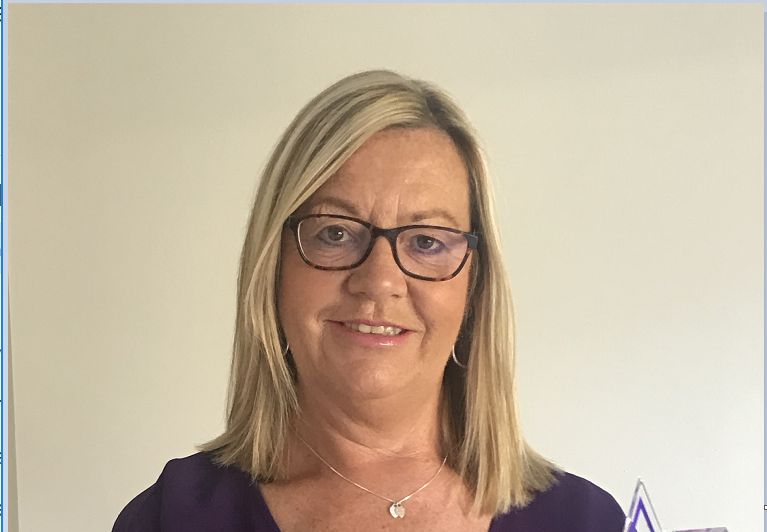Know your body and be aware of any changes that are unusual for you – that’s the message from Karen Stead as she recalls being diagnosed for pancreatic many years ago.
Back in 2010, she had been feeling ‘pretty rubbish’ and feeling sickly, severe abdominal pains that kept her awake at night, were described by her GP as indigestion. She was told that changes to bowel habits were likely to be an irritable bowel and it was not until her eyes had turned yellow, Karen was referred for an ultrasound scan and blood tests.
It took four visits within six months, but Karen’s fears were confirmed when tests and an MRI scan suggested a blockage in her pancreas.
Her surgeon performed a Whipple’s Procedure – a major operation used to remove tumours in the head or neck of the pancreas, where the cancer hasn’t spread beyond the pancreas, followed by a trial of chemotherapy.
For Karen, wife, Mum of three and Nanny to three grandsons, that wasn’t the end of the story. She will need to take PERT (pancreatic enzyme replacement therapy) for the rest of her life – which replaces the natural enzymes her pancreas would make to help digest food.
Karen has yearly consultations and some days she feels low with fatigue or stomach cramps, but she looks back and thinks she was lucky to get diagnosed when she did.
“If I hadn’t developed jaundice, my tumour could have continued to grow, and it could have been too late for surgery,” she told me, which is too often the case for many people.
Pancreatic cancer survival
According to Pancreatic Cancer UK, pancreatic cancer is the deadliest common cancer, with the lowest survival of all common cancers.
Seven in ten patients do not receive any active treatment, including surgery, chemo or radiotherapy and only one in ten people with pancreatic cancer will receive potentially curative surgery.
44% of people with pancreatic cancer are diagnosed when they present at A & E as an emergency, where the one-year survival is only 11.9%.
“Pancreatic cancer is a silent killer. There are recognised symptoms out there but it’s not often picked up early enough,” said Karen.
Karen volunteers for Pancreatic Cancer UK, and serves on their Patient & Carer Board.
She takes every opportunity she can to raise awareness and has featured on regional and national radio and TV programmes and been instrumental in getting public buildings lit with purple lights during November (Pancreatic Cancer Awareness Month).
This year she received an award from Pancreatic Cancer UK for her work supporting others through her Panpals Yorkshire support group which she set up in partnership with a Leeds Clinical Nurse Specialist more than six years ago.
The group came about because she felt there was a gap in knowledge and support for pancreatic cancer patients. Up until the advent of the pandemic, the group met frequently at St James Hospital, Leeds, attracting patients and carers from all over West Yorkshire and York.
Karen is a member of the West Yorkshire & Harrogate Cancer Alliance Community Panel, and enjoyed her volunteering at Wakefield Hospice for 30 years prior to the lockdown rules.
“I continue to be well overall with the odd day where my insides are not happy, but then tomorrow’s another day. I know how fortunate I am as I am often reminded when I lose another friend to the disease and see the effect it had on their family.
My advice is to enjoy the good days and make the most of the not so good days and embrace the extra time we have been given,” she added.
For Karen’s full story go to: www.pancreaticcancer.org.uk/real-life-stories-section/

